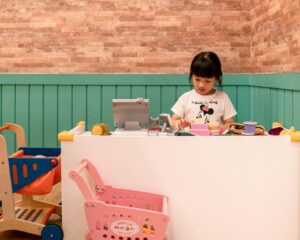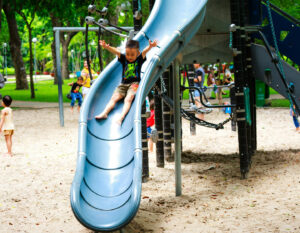
Starting them young…
Dr. Dogan is a Behavioural Psychologist who provides clinical services to children, adolescents and their families while conducing behavioural assessments and supervising behaviour analytic interventions.
Children (and most adults!) thrive on routine. It helps create predictability and establishes skills associated with working memory (e.g., remember instructions) and executing function (e.g., multitask). These days even very young children are expected to be much more independent at school with their routines. But remember, learning a routine takes practice and does not always come easily for some children. Some basic routines that should be encouraged include:
- Having a good, consistent morning and bedtime routine to encourage healthy sleep and wake habits
- Using a calendar (tangible for younger children or electronic for older kids) to track daily assignments or upcoming larger projects and exams
- Completing simple daily or weekly chores
- Having family meetings or check-in time
- Scheduling time to relax
Creating and maintaining these routines can be very challenging (especially if your child is older and is not used to routines), since he/she may not value or see the importance of them initially. Prior to establishing new house rules, sit down as a family and talk about the importance of routines and explain to your children how routines have helped you. Then, try to come to an agreement on where to start. Don’t forget to set realistic expectations for your children. For instance, if they have never had to do chores, start simple (e.g., 5 minute task like clearing the table).
Parenting tips for helping to establish routines:
- Use a visual schedule (a white board calendar with images in the kitchen) for younger children or a checklist of daily morning, afternoon, and evening routines. Try to do the tasks in order each day (e.g., brush teeth, pyjamas, reading time).
- Remember, the schedule does not have to be set in stone. Review it weekly, adjust as needed, and allow some flexibility (10-15 minutes) in case something goes wrong.
- Check school planners daily and teach older children how to plan out larger projects or exam study time in advance.
- Put motivational strategies in place such as doing less preferred tasks before more preferred activities (e.g., homework before play, reading before T.V. time).
- Although many expat families have live-in extra help, it is extremely important to develop and maintain a chore routine with children. This routine will teach the value of helping others, time management skills, learning to wait (chores before playtime), and the importance of being part of the family. Children learn to be more appreciative and chores help develop confidence.
- Try to make time, either for a short period (during dinner) or weekly (family meeting/outing), to check-in with your children. This is especially important for tweens and teen. Take turns talking about your day discussing and/or problem solving upcoming stressful events. Show affection and encouragement. This time together is important because it gives children a sense of security and helps build a strong family bond. Check-in times are also a very good way to look for signs of anxiety, depression or stress and to teach healthy coping skills early on.
- It may sound odd needing to “schedule time to relax” but even many adults struggle with this. Show your children early on how important it is to take a break from work, social media, and T.V. to just have some down time. All family members should participate. As a family, create a list of things to do during this time such as read a book, meditate, take a quick walk, practice deep breathing, cook, or listen to music or a new podcast.
Routines aren’t just good for kids, they are good for parents too. The earlier on and more consistent you are with teaching your child good routines, the less you will have to nag as they get older!
 View All
View All











 View All
View All




 View All
View All


 View All
View All











